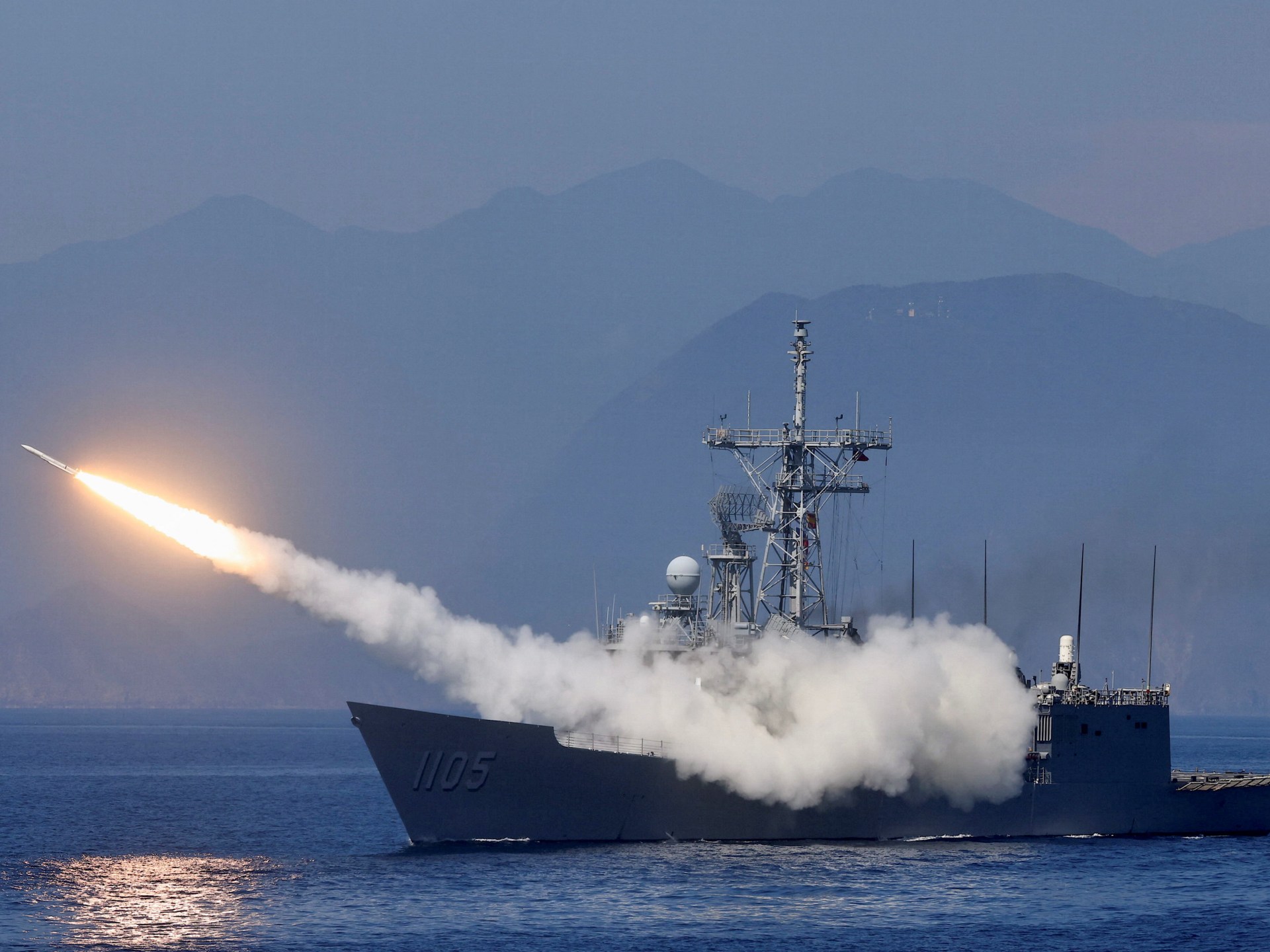Beijing denounced what it called Washington's illusion of using Taiwan to control China, and confirmed that it would not abandon the use of military force to thwart any secessionist attempt on the island, while an Australian parliamentary delegation was visiting Taiwan.
The Chinese Ministry of Defense said that resolving the Taiwan issue is a matter for the Chinese people, which is decided by the Chinese, adding that Beijing will not promise to abandon the use of military force in this regard.
The ministry affirmed its confidence in China's ability to thwart any external interference or separatist plans for "Taiwan independence," as it put it.
And the Chinese Ministry of Defense considered that the root cause of tension in the Taiwan Strait is what it called the dependence of forces in Taiwan on Washington in the pursuit of independence.
This comes after the US "Bloomberg" news agency reported that President Joe Biden's administration notified Congress of a deal to sell about 100 of the most advanced Patriot missiles to Taiwan, noting that the value of the deal amounted to about $882 million.
Bloomberg indicated that the proposed military deal includes radars and other support equipment, and was presented as a reinforcement of an old defense understanding concluded with Taiwan in 2010.
Australian delegation
On the other hand, a spokeswoman for the Ministry of Foreign Affairs in Taiwan, Joan Oi, said - today, Tuesday - that a group of Australian lawmakers arrived in the Taiwanese capital, Taipei, and indicated that the delegation "will discuss a wide range of issues of common concern."
"We appreciate that the Australian parliament is very sympathetic to Taiwan," Guai added, describing the two sides' relationship as "strong and mutually beneficial."
The Australian parliamentary delegation arrived on Sunday to Taiwan for a 5-day visit, and the Chinese Foreign Ministry yesterday expressed its opposition to the trip, and called on Australia to abide by the "one-China principle".
For his part, Australian Prime Minister Anthony Albanese sought to downplay the importance of the visit, telling reporters that there have been "backseat" deputies' visits to Taiwan for a long time, and this is one of them, stressing that it is not a government visit.
Albanese added that the two main parties in his country support the "One China" policy pursued by the Australian authorities.
The parliamentary delegation includes 6 deputies, members of the ruling Labor Party (center-left), the opposition Liberal Party and its ally, the National Party.
The Australian parliamentary delegation is scheduled to meet Taiwan President Tsai Ing-wen, Foreign Minister Joseph and other senior officials.

